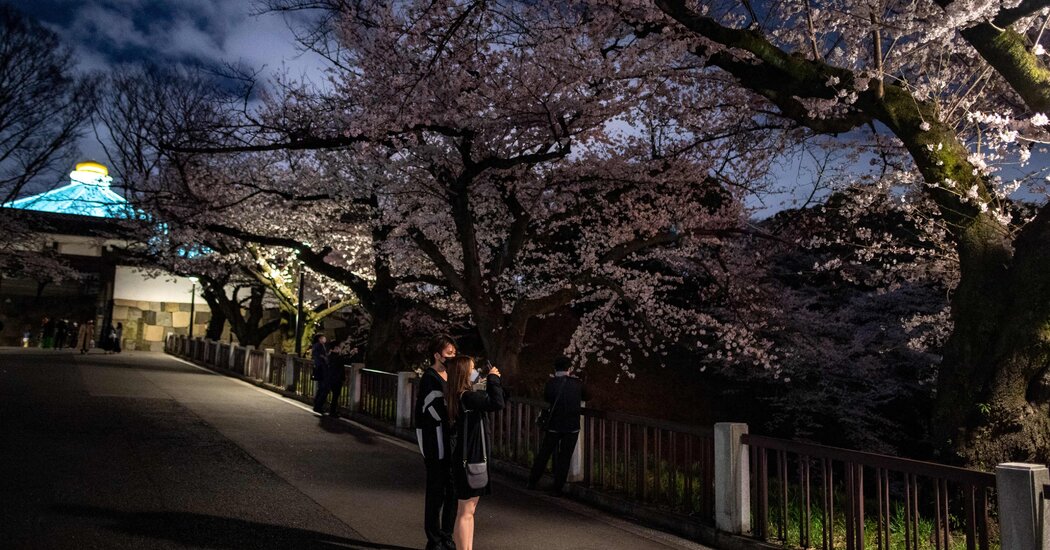
In a recent essay, novelist and Kyoto native Keiichiro Kashiwagi wrote that his fellow Kyotoites had longed bemoaned the “clamor” of tourism that drowned out the city’s tranquility, and that the “irony of the great calamity that has been the corona pandemic is that it has restored the city’s lost beauty.”
When the country reopens, it will need to rethink how the country has promoted itself to visitors, including taking steps to “prevent overtourism,” Tetsuo Saito, the transportation minister, told Japan’s parliament in March.
Businesses anxious for the return of tourists have been helped out by large government subsidies and also a boost in domestic tourism that has come as Japanese travelers have become more reluctant to risk the complications, and possible health implications, of taking vacations abroad.
While Japanese officials would like to allow more tourists in as quickly as possible, they are remaining cautious until they see how the domestic situation develops, said Toshifumi Kojima, a ruling party lawmaker.
The country just emerged from a national emergency that was declared as the Omicron variant pushed case numbers to record highs. But numbers have been ticking up again in the Tokyo area as locals get out to enjoy the cherry blossoms. The seven day average as of Thursday was around 42,000, up from about 20,000 a week before.
Travel Trends That Will Define 2022
Looking ahead. As governments across the world loosen coronavirus restrictions, the travel industry hopes this will be the year that travel comes roaring back. Here is what to expect:
Since it’s not clear how a sudden influx of tourists would affect the situation, “for the time being, we’re welcoming domestic tourists, Japanese tourists, as a warm up, and we’re thinking about how to increase inbound tourists from abroad,” Mr. Kojima said.
In recent months countries across Southeast Asia have been busy loosening restraints on international tourism, arguing that their relatively high vaccination rates and their determination to live safely with the virus and resuscitate their moribund tourism sectors warranted a broad resumption of unfettered travel.




